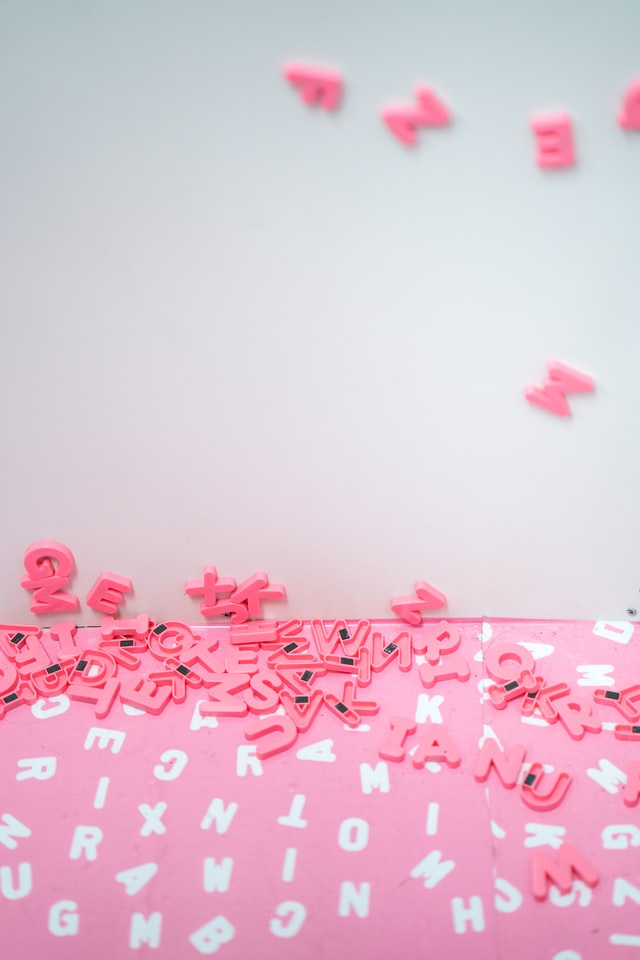Vowels With Umlaut Next To Ordinary Vowels Posted by Constanze on Jan 20, 2021 in Language
Guten Tag! Today we’re going to talk about the Umlaut (ä ö ü) in German. More specifically, we are going to talk about how vowels with an Umlaut sound and look next to ordinary vowels. Read on to find out more!
What is an Umlaut?
First off, if you’re not yet familiar with the German Umlaut, here is a brief explanation:
The German alphabet is the same as the English alphabet, except it contains four extra characters. These are the scharfes S (or Eszett) – ß – and three vowels containing an Umlaut, known as Umlautbuchstaben (‘Umlaut letters’) – ä ö ü. If this is new to you, then before you get started on this post, I recommend reading the following two posts for a more in-depth introduction to the Umlaut:
Alternative ways of typing German Umlaute | German Language Blog (transparent.com)
How To Use The Umlaut RIGHT | German Language Blog (transparent.com)
Now, read on!
Umlauted Vowels Next To Ordinary Vowels
When it comes to words with a single Umlautbuchstabe, the word looks fairly simple and the pronunciation can be easily learnt. Take these examples:
Die Prüfung – the exam/test
Der Käfer – the bug
blöd – stupid
Even if you have to use the keyboard alternatives to the ä ö ü (ae, oe, ue), when quickly writing a text message, for instance, the above words still look fairly straight-forward:
Die Pruefung – the exam/test
Der Kaefer – the bug
bloed – stupid
But sometimes, a letter with an Umlaut precedes another vowel. In this case, it can take a second to figure out how the word is pronounced, as its pronunciation is a little different. This happens with ä when it is followed by u:
Die Träume – the dreams
Die Häuser – the houses
Das Fräulein – the young woman/miss
So how does the pronunciation of the ä differ in our first word, der Käfer, compared to the ä in the above words, when followed by the letter u? The letter ä on its own is pronounced ‘eh’, while äu is pronounced ‘oy’. Click below to hear the difference, using the examples der Käfer and die Träume from the list above.
I hope that makes sense! One final thing to note, then, is how words with äu in them will look written down, if someone is writing them without a German keyboard, using the letter e to symbolise an Umlaut (ae instead of ä). Take a look:
Die Traeume – the dreams
Die Haeuser – the houses
Das Fraeulein – the young woman/miss
While the combination of aeu does look a bit strange, and there’s endless technology nowadays to be able to use Umlauts even if you don’t have a German keyboard, it’s still a possibility that this method could be used, or that you should need to use it one day. So, if that ever happens, you now know what it looks like, and how to write it!
I’ll leave you with two facts about the Umlaut. Have a great day!
FUN FACT 1: The word’s rough translation is ‘around sound’. It was named by Jakob Grimm, of Grimm Fairytales fame.
FUN FACT 2: In the metal music scene, the Umlaut is sometimes referred to as a ‘rock dot’ or a ‘metal umlaut’. Several heavy metal bands over the years have included the Umlaut in their band names: Mötley Crüe, Blue Öyster Cult, and Motörhead, to name a few.
Bis bald!
Constanze

Build vocabulary, practice pronunciation, and more with Transparent Language Online. Available anytime, anywhere, on any device.





Comments:
Joann Wolff:
Dear Constanze, I have waited a lifetime to hear Bavarian spoken.. well not a lifetime, I heard it in Indiana when a child, spoken by my grandparrents. In high school I took german so I could speak to them, but you know how that went. My ancestors came from Oberfranken in the 1840’s and stayed together as a group with few leaving and few being admitted until after WWII. I feel so fortunate I heard a little of what was my culture. Now to near it again is a blessing. Thank you for your site!
Constanze:
@Joann Wolff Hi Joann, thanks for your lovely comment. I’m so glad the blog has made you happy. Here are all the posts under the tag ‘Bavarian’ for you to have a look at: https://blogs.transparent.com/german/tag/bavarian/